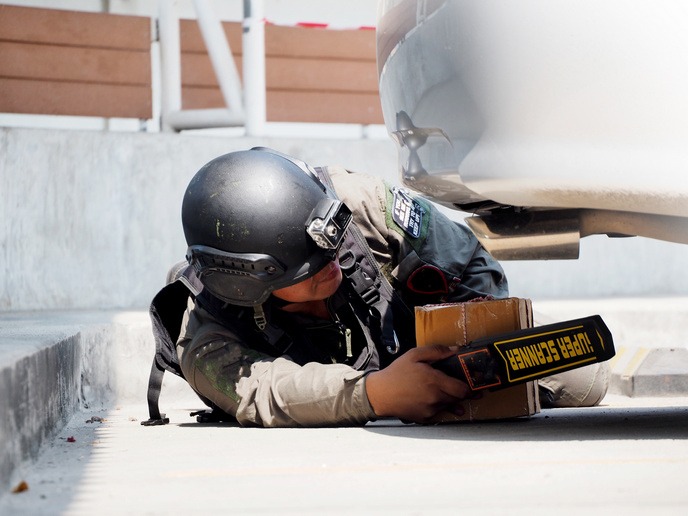New platform upgrades emergency response
Europe has been developing a noteworthy emergency response system that can jump into action in case of threats such as pandemics and terrorist attacks. Bringing together hospitals, emergency services, first responders, volunteers and other relevant stakeholders together under one high-tech platform across the continent could facilitate this endeavour. The EU-funded PULSE(opens in new window) (Platform for European medical support during major emergencies) project worked on strengthening the resilience to threats through a new platform featuring powerful new tools, training materials and approaches. It envisioned a system to harmonise and fill gaps in the current decision-support system and response procedures. This involved promoting interoperability for joint European response mechanisms, enhancing situational awareness, improving forecasting and streamlining logistics. To achieve this, the project team designed the PULSE platform comprising various software modules and components within a service-based architecture. The platform is based on tools for decision support and validation, intelligence analysis, logistics, surge capacity generation, training, post-crisis evaluation and modelling of biological events, as well as a smartphone application. Two important features of the platform are its easy integration with external systems and its HealthMap. The latter combines data sources such as news, eyewitness reports and official reports to accurately map the emergence and spread of infectious diseases. Several advantages are expected once the platform is online, including better monitoring of indicators, early onsite contingency planning, and rapid disaster relief and treatment. Better cross-border resource sharing and coordination, enhanced use of hospital capacities and seamless alignment with NGOs will also emerge once the system is fully operational. The platform was successfully tested in Italy’s Lazio Region, where it still provides real-time access to emergency coordinators who can monitor hospital capacities and other crucial data. Two European trial scenarios were also implemented to assess preparedness, one for an emerging viral disease in Italy and the other for a mass casualty incident (stadium crush) in Ireland. PULSE disseminated its research and proposals to stakeholders, in addition to furthering exploitation of the platform. If the system is fully implemented as conceived, it could significantly upgrade health preparedness and resilience across the continent in the face of man-made or natural disasters.







